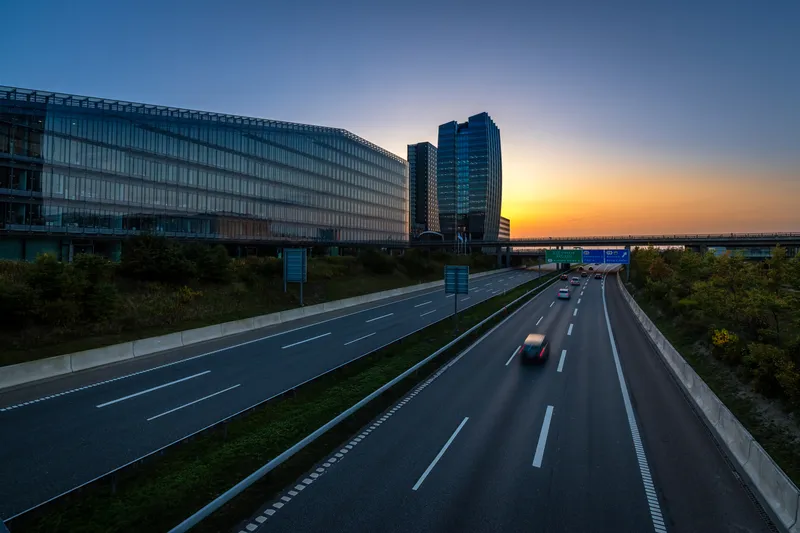To improve interoperability of road charging systems, the European Commission must focus on better implementation of existing legislation and assess the need for new measures to encourage the development of a EU-wide electronic toll system, according to an own-initiative report adopted in the Transport and Tourism Committee. MEPs say incentives for road operators and toll service providers have not been sufficient and criticise lack of action by Member States to develop EU-wide standards, as set out in a Di
April 24, 2013
Read time: 2 mins
To improve interoperability of road charging systems, the 1690 European Commission must focus on better implementation of existing legislation and assess the need for new measures to encourage the development of a EU-wide electronic toll system, according to an own-initiative report adopted in the Transport and Tourism Committee.
MEPs say incentives for road operators and toll service providers have not been sufficient and criticise lack of action by Member States to develop EU-wide standards, as set out in a Directive on interoperability of electronic toll systems in 2004.
The resolution calls the Commission to provide an overview of existing studies by the end of 2013 for policy options in the medium and long term including the deployment of technologies, such as GPS/GNSS to prevent and reduce congestion caused by physical barriers.
The report urges the take-up of mobile payments, facilitation of pre-payments online, and clear indications of prices in order to enhance user-friendliness and informed customer choices. Transport MEPs reiterated that distance-based tolling systems should be favoured, as they are a fairer, non-discriminatory type compared to the vignette-type system.
MEPs say incentives for road operators and toll service providers have not been sufficient and criticise lack of action by Member States to develop EU-wide standards, as set out in a Directive on interoperability of electronic toll systems in 2004.
The resolution calls the Commission to provide an overview of existing studies by the end of 2013 for policy options in the medium and long term including the deployment of technologies, such as GPS/GNSS to prevent and reduce congestion caused by physical barriers.
The report urges the take-up of mobile payments, facilitation of pre-payments online, and clear indications of prices in order to enhance user-friendliness and informed customer choices. Transport MEPs reiterated that distance-based tolling systems should be favoured, as they are a fairer, non-discriminatory type compared to the vignette-type system.










